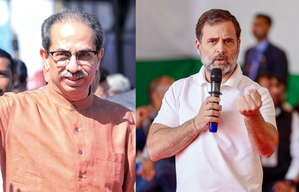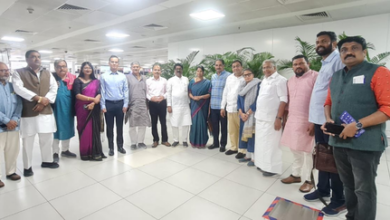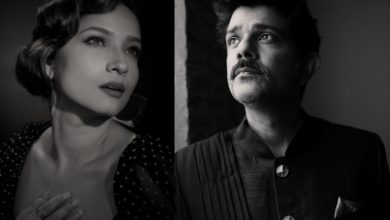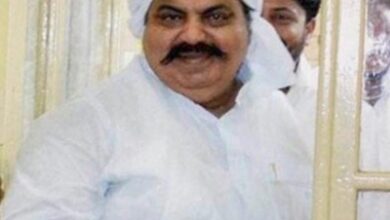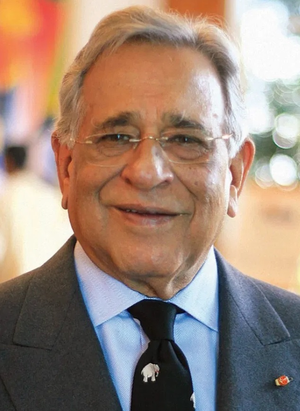
New Delhi, Nov 14 : All of us who had the opportunity to come in direct touch with Prithvi Raj Singh (PRS) Oberoi — ‘Mr Biki’ to us — admired him most for his thorough professionalism and upfront approach to excellence.
Like all of us from the first batch of management trainees at the prestigious Oberoi School of Hotel Administration (OSHA, now OCLD), we were greatly influenced by Mr Biki and whenever we met (we still did till recently), he was our constant reference point.
Though Mr Biki was famous for being a tough taskmaster, he was very kind to chefs. I was an exception in those days because I opted for the kitchen after completing my management training programme. Mr Biki was most pleased about my decision and offered me an extended stint of training in Europe.
He also promised that once I returned from my training overseas, my salary as a chef shall be higher than that of the hotel’s GM, wherever I was posted. He was true to his word. He was really generous to me.
On my first posting as executive chef at The Oberoi Sheraton in Mumbai (Trident Nariman Point now), I was given just three days’ leave to get married in Delhi. When we returned to Mumbai, we were given a sea-facing suite in the hotel as our permanent residence on Mr Biki’s advice.
When my newly married wife got bored of living in a hotel with nothing to do, we were given a fully furnished three-bedroom apartment in the upscale Malabar Hills with all hotel services, including raw material supplies, to run our own kitchen. Mr Biki left nothing to chance to please the chef.
One of my postings as executive chef was at The Oberoi Palace, Srinagar. It was the most sought-after summer destination of the country’s who’s who. Food being at the core of the guest experience (apart from Srinagar’s natural beauty, of course), I had a prominent role.
Being a professionally trained chef, I was particular about food cost, which was touching 40 per cent, which is rather high for any hotel. Through my innovative methods and strict cost control initiatives, I brought the food cost down to 30 per cent within a few months.
The cost controls initiated by me required immense discipline in purchasing, storing and production, which made some of my team members unhappy and somehow, complaints reached to Mr Biki. I was summoned to Delhi for a meeting with him.
On seeing me, he said to me rather firmly, “Do you know people are not happy with you because of very strict cost controls you have initiated in the kitchen?”
I replied, “Sir, the customers are very happy and also the food cost has come down from 40 per cent to 30 per cent, resulting in considerable savings.”
Mr Biki’s response took me by surprise: “Virender, our first customers are our employees and if they are not happy, your customers cannot be happy. Food cost control is important, but I would rather have a food cost of 35 per cent than have an unhappy staff. You should have moved one step at a time.”
That was the business vision of Mr Biki, who combined an exacting vision with a soft touch.
(A seasoned hotelier, Virender Singh Datta is now the Founder-Chairman of the International Institute of Culinary Arts, New Delhi)


